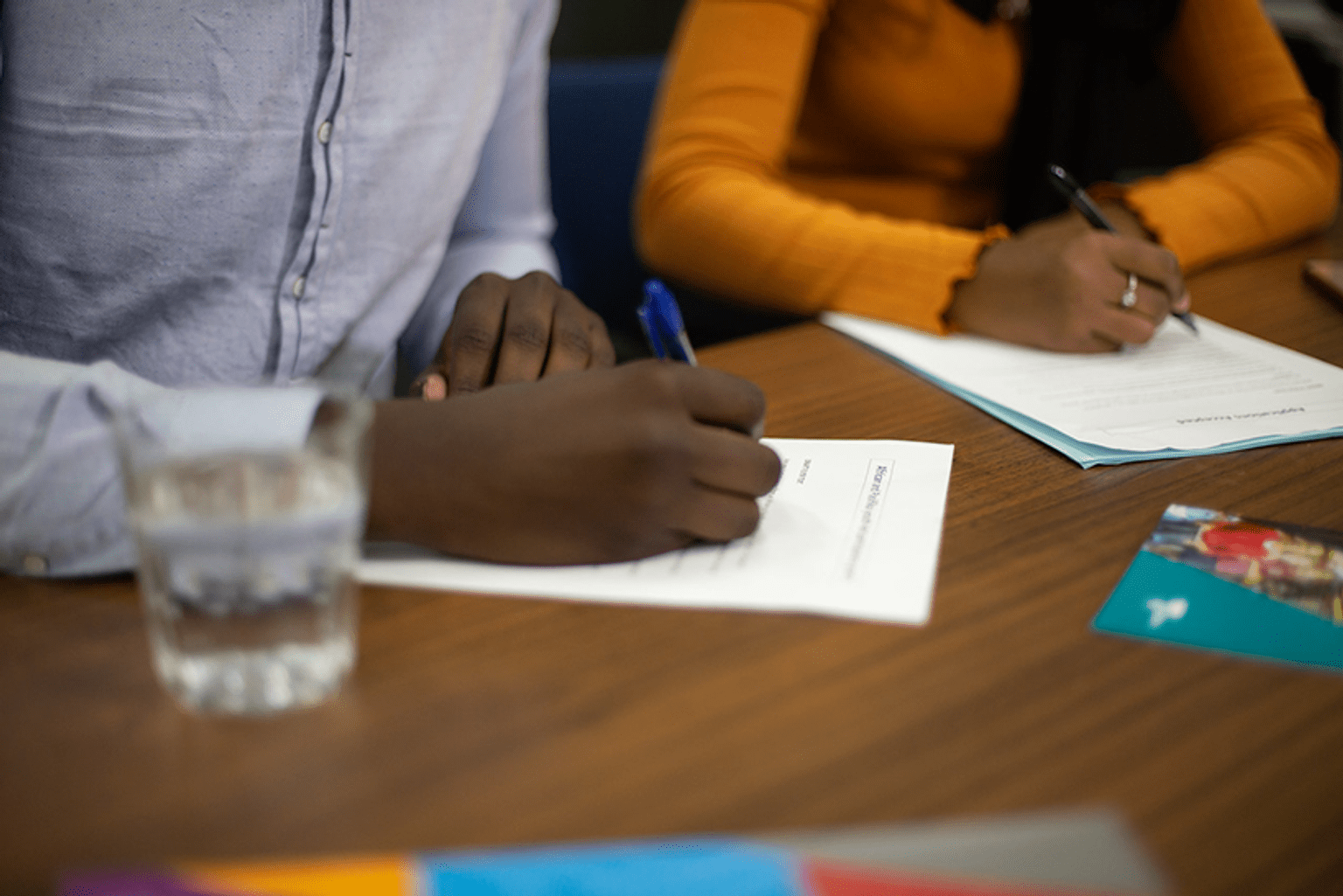- Published:
- Tuesday 23 June 2020 at 10:00 am

Homework Club Grants program
The Homework Club Grants program provides funding for community organisations to deliver culturally appropriate homework support and after-school activities for African Victorian students across the state, where they need it most.
Find out more about Homework Clubs by visiting the Department of Education's Homework Club Grant program web page.
School Community Liaison Officers
School Community Liaison Officers act as a positive conduit between schools, parents and pupils to support the learning outcomes of African Victorian students.
School Community Liaison Officers (SCLOs) operate in eight schools and up to 23 surrounding schools across Melbourne with a high proportion of students with African heritage.
The officers build awareness of African Victorian student needs, ensure parents can get involved in school processes and foster student goals and wellbeing.
The SCLOs model enables African communities to own, lead and be part of solutions for their communities and create lasting change – something that encapsulates VACAP's underlying values of building community skills and capacity through partnership.
Schools funded by the School Community Liaison Officer Initiative, include:
- Northern Bay College
- Truganina P-9 College
- Debney Meadows Primary School
- Hume Central Secondary College
- Charles La Trobe P-12 College
- Fitzroy Primary School
- Narre Warren South P-12 College
- Lyndale Secondary College
Helping young African Victorians to shape their own future
Explore the Victorian African Communities Action Plan and find out more about the education initiatives, or contact VACAP@dpc.vic.gov.au for more information.
Updated